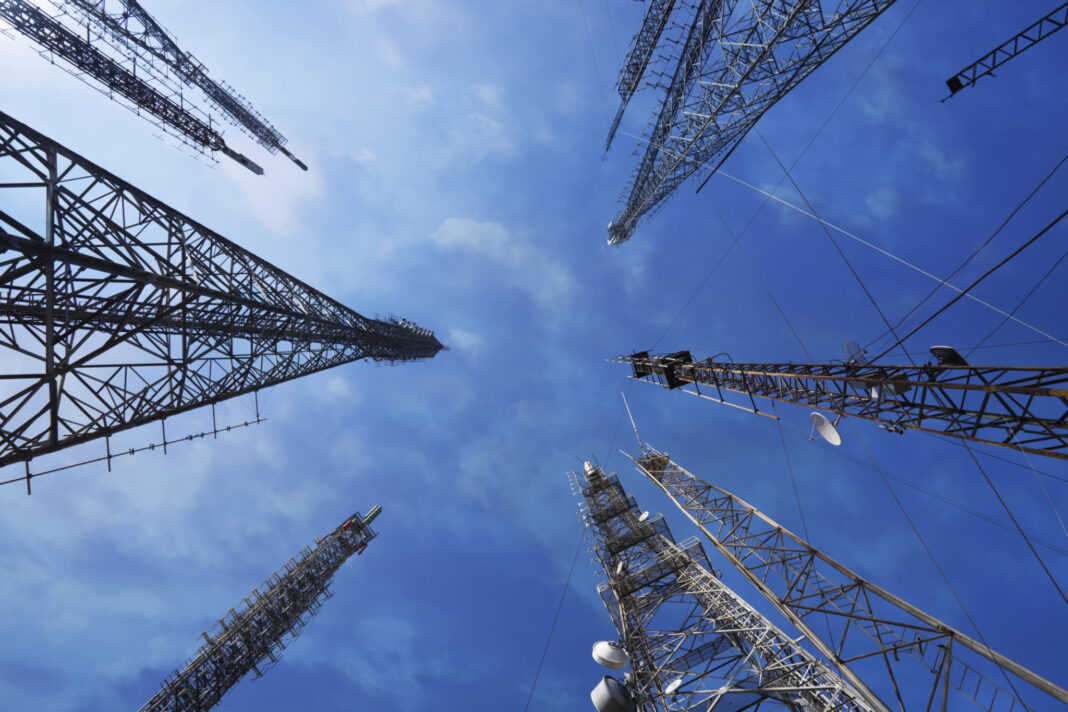
FOREIGN business groups have cautioned against placing foreign ownership restrictions on the services sector, particularly citing transportation and telecommunication, in order to liberalize the economy.
In a joint statement on Monday, several foreign chambers welcomed the Senate’s bill amending the Public Services Act (PSA), which is still under deliberation.
The business groups warned the Senate about tagging many sectors as a public utility because these will be subject to 40-percent foreign equity restrictions.
“Any moves to retain 60-40 foreign equity restrictions, specifically for the major transportation and telecommunications sectors, and add legislative franchise requirements where none existed, will thwart the intention of the bill and the positive impact it can bring to the business community and consumers,” the foreign chambers said.
“By opening up key economic sectors and limiting the definition of public utilities to natural monopolies, we believe this reform will be one of the most important reforms of President Rodrigo Duterte and the 18th Congress,” they said.
The bill is expected to encourage investments that can generate jobs, support infrastructure and boost economic recovery of the country amid the pandemic.
The current bill identifies the distribution of electricity; transmission of electricity; and water pipeline distribution systems and sewerage pipeline systems as public utility. But other public services may be considered as public utility given certain criteria, including them being a natural monopoly.
The foreign business groups stressed that transportation and telecommunications are not natural monopolies.
“There are numerous transportation companies and three telecommunications companies that operate viably in the country. It is crucial to apply the proposed definition consistently in identifying the sectors that should be considered public utilities to maintain the internal integrity of the bill,” they explained.
“Instead of keeping service sectors closed to foreign investment in the guise of national security, it is important to carefully balance the need to attract foreign investments while protecting national security,” the statement read.
The Philippines should take advantage of the foreign investors’ interest, they said, stressing the need for the economy to open up for foreign investments to “catch up.”
“We must maximize this opportunity by sending a strong signal to the global community that the Philippines is open for business, to facilitate the entry of a wider range of investors and new technologies to help the country transition to a digital economy,” the groups said.
The statement was signed by the American Chamber of Commerce of the Philippines, Australian-New Zealand Commerce of the Philippines, Canadian Chamber of Commerce of the Philippines, European Chamber of Commerce of the Philippines, Japanese Chamber of Commerce and Industry of the Philippines, Korean Chamber of Commerce of the Philippines and Philippine Association of Multinational Companies Regional Headquarters Inc.
MBC, FEF, UPSE alumni
In a separate statement, the Makati Business Club (MBC), Foundation for Economic Freedom and UP School of Economics Alumni Association echoed the same sentiments.
“Covid has damaged our economy so much that, more than ever, we need to send a signal that we are open to investment to create jobs. The competition will be good for consumers and small businesses. Even larger businesses are for this, even if it may mean more competition for them,” MBC Executive Director Francisco Alcuaz Jr. said.
“Our priority is the jobs that will come from an expanded economy, and as long as local businesses are innovative and competitive, they will benefit from the liberalized, expanded economy too,” he added.

